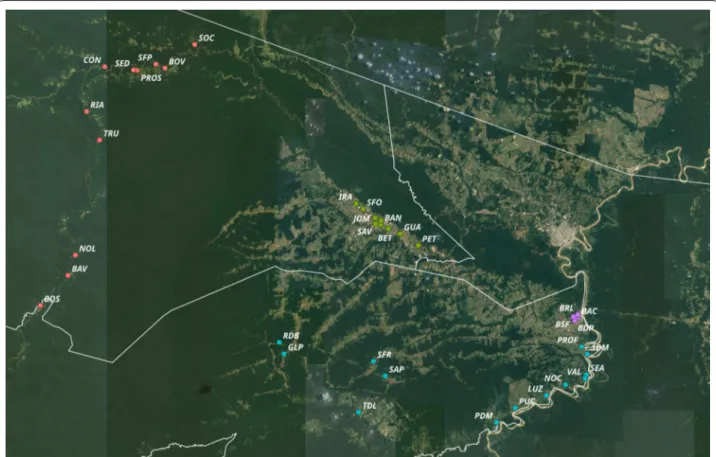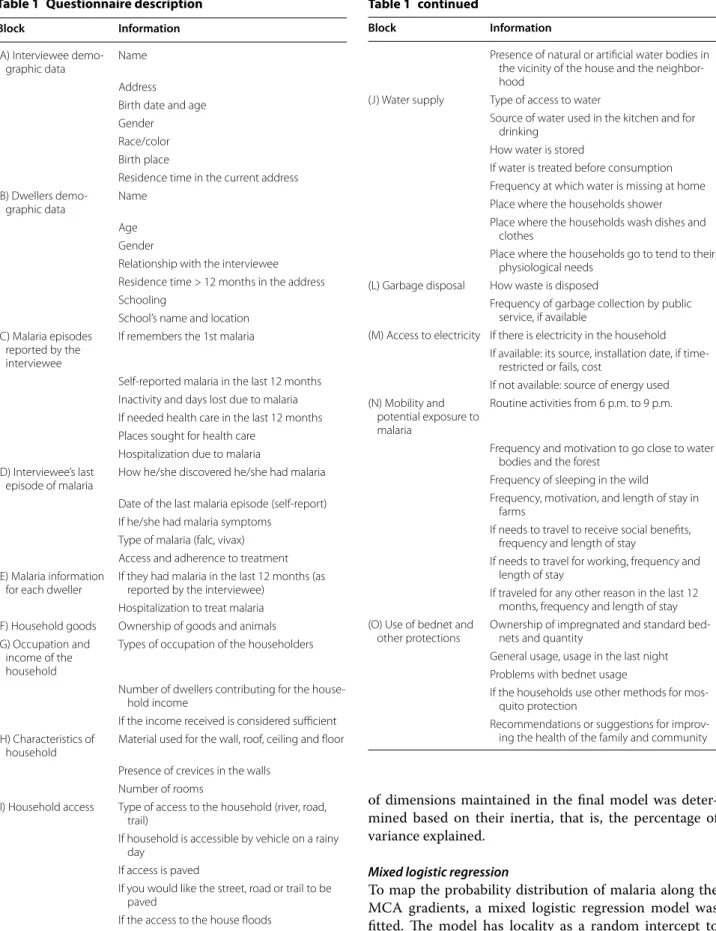REPOSITORIO INSTITUCIONAL DA UFOP: Socioeconomic and demographic characterization of an endemic malaria region in Brazil by multiple correspondence analysis.
Texto
Imagem




Documentos relacionados
However, here, we studied the presence of malarial antigen and malaria- specific antibodies in samples from blood donors from endemic and non-endemic areas of Venezuela using
Face a esse panorama de novas aberturas e questionamentos, as inquirições nas 3 me- trópoles prosseguiram, justamente, pelo teste de hipotéticas dimensões de ação – não só no
To investigate the spatiotemporal pattern of an epidemic dengue occurred at a medium-sized city in the Northeast Region of Brazil in 2009, we conducted an ecological study of
Embora se tenha avanços na aplicação da PNRS, como municípios que apresentaram projetos que visão uma gestão integrada dos seus resíduos com outros vizinhos,
Salientamos que nos valemos de uma condição especial, em razão de atuarmos como Juíza de Direito da Vara da Infância e Juventude de Santo Antônio de Jesus, justificando, dessa forma,
Considerando-se os resultados obtidos, verifica-se que várias cultivares apresentaram desempenhos com relação à produtividade e outras características de interesse como:
In this connection, the present study aims to present an epidemiological analysis of accidents involving scorpions in Brazil, in the period from 2000 to
A project, recently submitted by the Brazilian Govern- ment (PNCM-Ministry of Health) and approved by the Global Fund, focuses the investment in epidemiological intelligence




